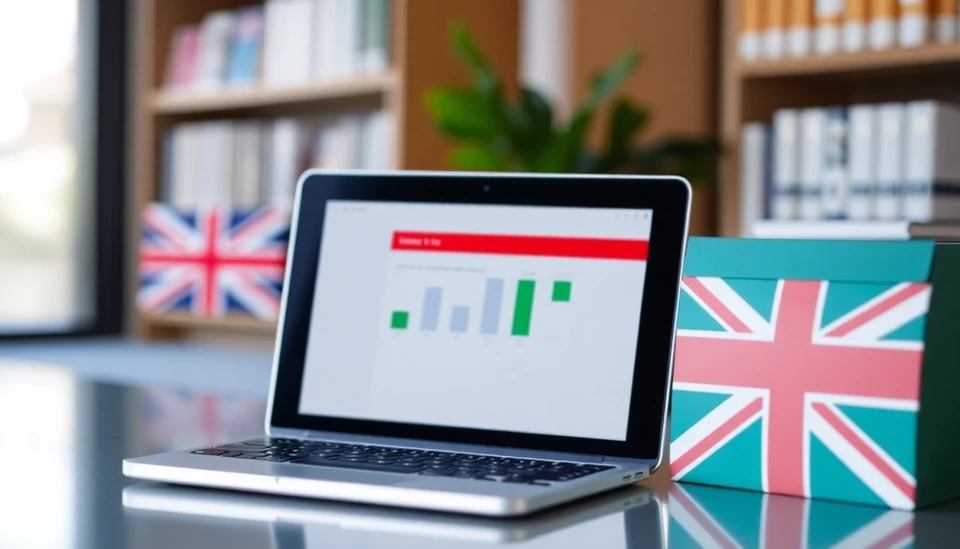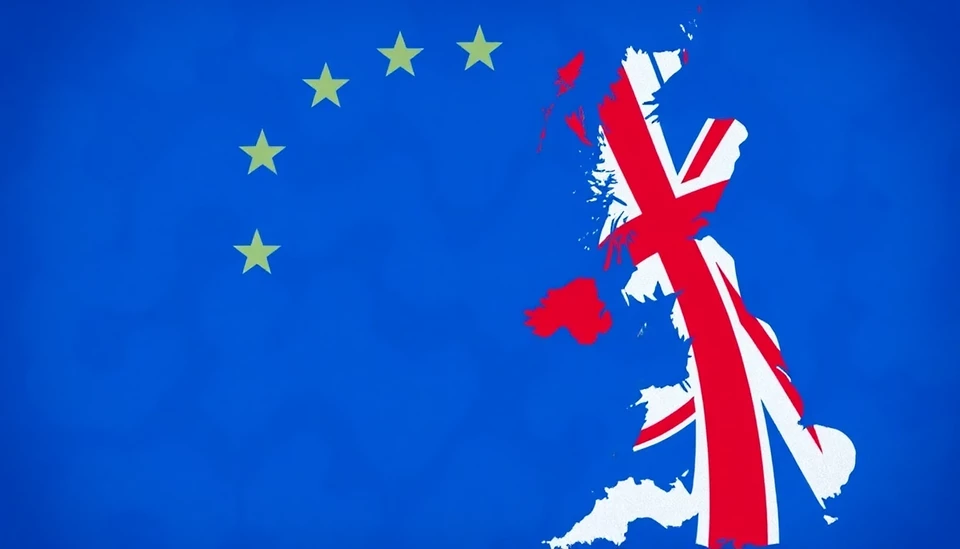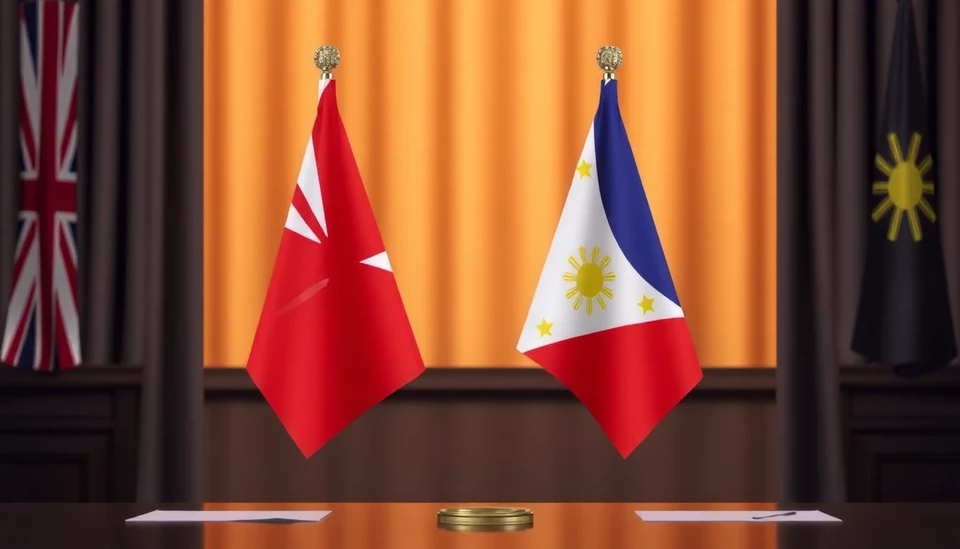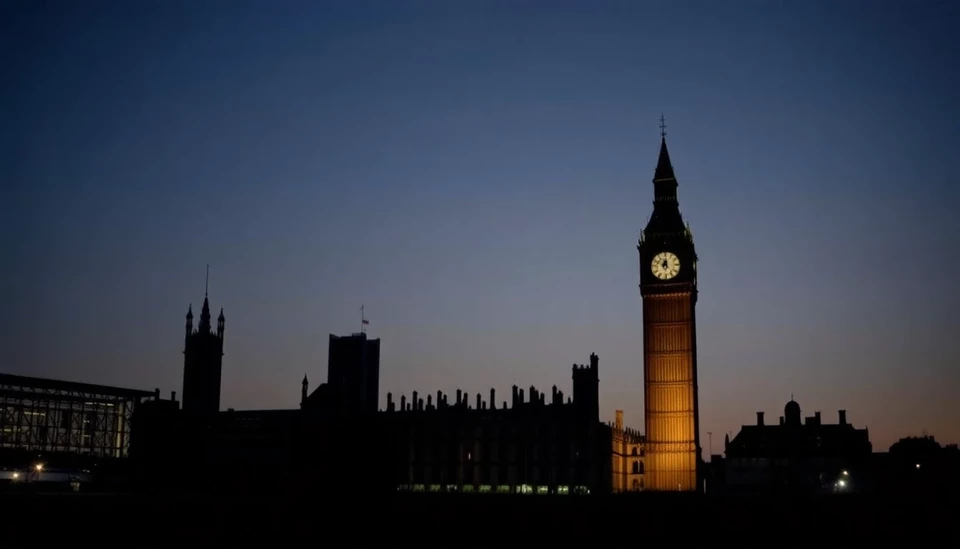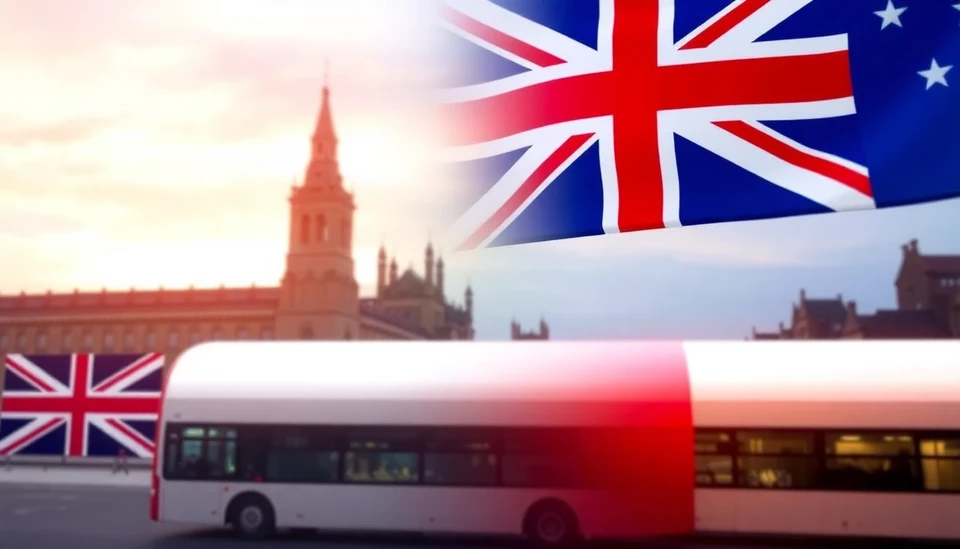
In a rapidly evolving global trade environment, Britain faces significant challenges and opportunities as it seeks to redefine its trade relationships with both the European Union (EU) and the United States (US). Recent developments indicate that the UK is recalibrating its approach to trade in light of changing economic dynamics and geopolitical tensions.
The UK's continued focus on securing free trade agreements (FTAs) has been met with mixed results. While Britain successfully established several trade deals post-Brexit, the effectiveness and long-term benefits of these agreements are still under scrutiny. Analysts suggest that while FTAs can open markets, they do not necessarily guarantee enhanced trade flows or economic growth.
A critical point of contention remains the Northern Ireland Protocol, which has been a significant hurdle in maintaining trade relations with the EU. The complexities surrounding this agreement are not only a source of tension between the UK and EU but also impact the broader economic stability of the region. The UK government has been in negotiations to find a viable solution, but consensus remains elusive.
Moreover, the UK’s trade relationship with the US is at a crossroads. As both countries grapple with their internal economic challenges, there is a growing sentiment that the anticipated US-UK free trade agreement may be more complicated to execute than initially hoped. With the US focusing on its domestic priorities, Britain must navigate this landscape carefully to secure its interests.
The implications of these trade negotiations extend beyond mere tariffs and market access. They encompass broader economic conditions and even social issues, influencing everything from supply chains to regulatory standards. The interplay between the government and industry will be paramount as both sectors work together to adapt to new realities in trade.
As Britain forges ahead in its trade ambitions, there remains a pressing need for comprehensive strategies that not only address immediate trade objectives but also anticipate future challenges. With a keen awareness of the global landscape, UK trade officials must remain agile and innovative to make the most of emerging opportunities.
In summary, the future of Britain's trade with the EU and the US will largely depend on the country's ability to navigate complex geopolitical landscapes while fostering robust relationships that can withstand the test of time. As the world watches, the stakes are high for the UK to prove itself a resilient player in international trade.
#UKTrade #Brexit #EUTies #USTrade #SupplyChain #InternationalRelations #TradeAgreements
Author: Rachel Greene
